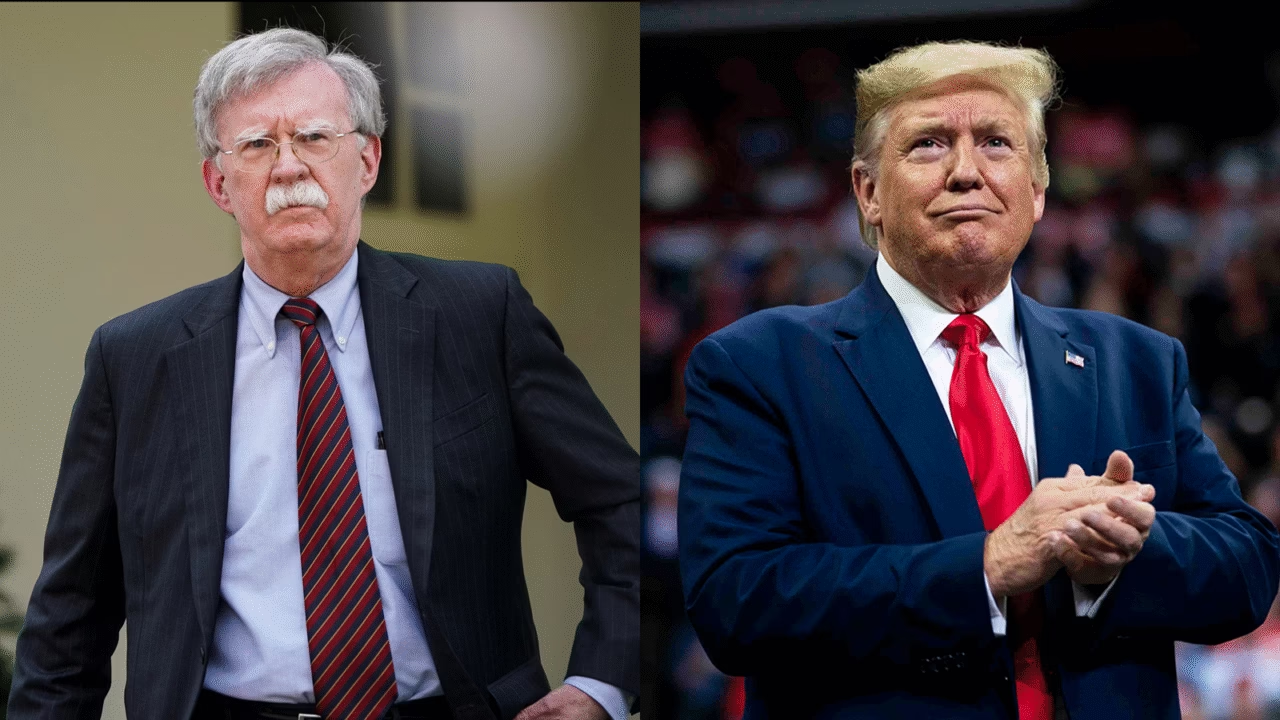As trade tensions rise between the United States and India, former U.S. officials have come forward to stress the vital role India plays as a strategic ally. Their counsel to former President Donald Trump highlights not only economic interests but also the wider geopolitical importance of sustaining a robust U.S.-India relationship.
India: A Key Strategic Partner
India has become a fundamental element in the U.S.’s Indo-Pacific strategy, acting as a counterweight to China’s expanding influence in the area. Former U.S. officials emphasize that any trade-related disputes should be approached with caution, considering India’s significance in regional security, defense collaboration, and economic development. Beyond trade, India stands as a crucial partner in technology, energy, and defense sectors, rendering its stability and partnership essential to U.S. interests.
The former officials contend that while tariff conflicts and trade discussions are typical in international relations, overlooking India’s strategic importance could lead to long-term repercussions. “India is not merely another trading partner; it is pivotal to U.S. interests in Asia and the global economy,” remarked one ex-official. This caution serves as a reminder that economic choices should be in harmony with broader geopolitical objectives.
Trade Tensions and Tariff Issues
The recent rise in tariffs and trade barriers has sparked worries among policymakers and business sectors in both nations. The U.S. has enacted certain duties on Indian products, citing trade discrepancies, while India has retaliated with measures impacting U.S. exports. Although such conflicts are not rare in international trade, former officials warn that an excessively confrontational approach could jeopardize the overall bilateral relationship.
Trade analysts highlight that India’s economy is among the fastest-growing globally, boasting a market of over 1.4 billion consumers. The U.S. stands to gain considerably from access to this burgeoning market, especially in technology, agriculture, and manufacturing. Any disruption in trade relations could restrict opportunities for American businesses and impede collaboration on vital initiatives like clean energy, digital infrastructure, and defense technology.
Geopolitical Implications
The counsel from former U.S. officials extends beyond mere economics. India is pivotal in countering regional threats, ensuring freedom of navigation in essential maritime routes, and contributing to global security efforts. A strained relationship with India could unintentionally create opportunities for rival powers to increase their influence in South Asia, undermining U.S. strategic goals.
Moreover, India’s advancing technological capabilities and defense strength position it as a key ally in promoting shared interests in cybersecurity, space exploration, and advanced research. Former officials emphasize that these domains necessitate stable diplomatic and trade relations, reinforcing the notion that short-term trade conflicts should not eclipse long-term strategic objectives.
The message conveyed by former U.S. officials is unmistakable: India’s significance is undeniable. Trade disagreements and tariff issues are common in global relations, yet they require careful management to prevent endangering strategic alliances. With the world observing, it is essential for U.S. policymakers to uphold a robust, collaborative relationship with India, ensuring that economic goals and geopolitical strategies are in harmony for the mutual benefit of both countries.

